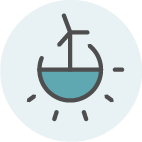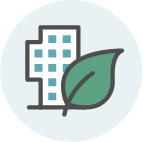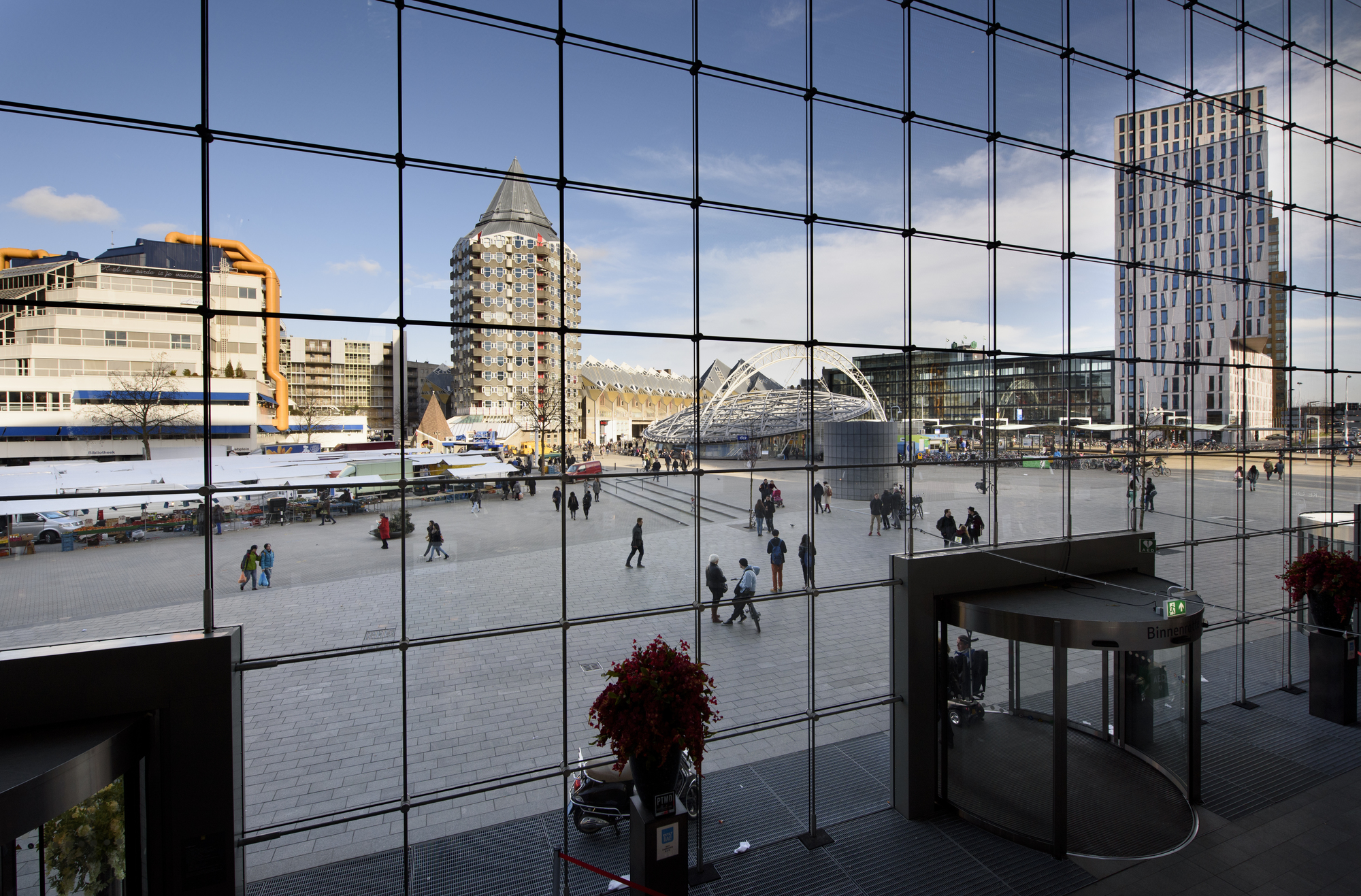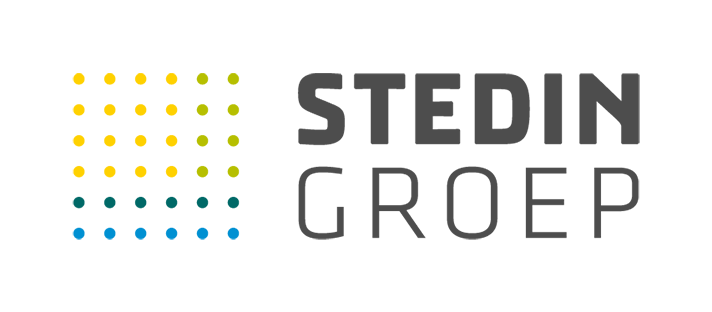Focus areas in 2021
The energy transition, the finances and the challenges in the area of capacity management compel us to focus. We are therefore committed in 2021 to following through on our three strategic spearheads; within them, we focus on the strategic initiatives.
 Improved grid management
Improved grid management
We remain fully committed in 2021 to 'affordable and efficient service provision' and 'high quality of our products and services'. We focus specifically on the lead time of connections and the downtime for electricity. To that end, we will further streamline and digitalise our processes and chains. We will do this in our strategic initiatives 'Customer-oriented connections' and 'Efficient failure response procedure'. Based on the strategic initiative 'Multidisciplinary', we will take a next step in developing the connection chain as the coordinating organisation, and we will be working more intensively and with several water companies. We look at the materials that we use and how we can utilise these more efficiently. We will also professionalise our project management and our control over it, enabling us to better deliver on the investment challenge in 2021.
 Facilitating the energy transition
Facilitating the energy transition
In 2021, we will continue to invest significantly in future-proofing our grids. The predictability of our investments and coordination of the energy system are important factors in this regard. How? Through more insight and better forecasts. We are working on this insight in our strategic initiatives 'Sustainable Energy Transition' and 'System Operator'. We are engaging in dialogue with municipalities and provinces that coordinate the regional energy transition and are sourcing customer demand from here. Improved insight and better forecasts also better enable us to predict demand for grid capacity and on that basis produce future scenarios to aid correct decision-making. We also continue to work on new ways of using our existing gas and electricity infrastructure. We examine, formulate views and carry out pilot studies in the field of sustainable gasses, steam and water projects. In this light, we are seeking to improve our demand forecasting ability. From 2020, a newly formed Market Intelligence team provides insight into customer requirements and demand and offers future scenarios for correct decision-making. Result: our investment portfolio is up to date, customer-driven and better aligned with current and future developments.
 Sustainable business operations
Sustainable business operations
The investments are increasing, while revenues are also growing but lag behind. Therefore, we will continue to focus on efficiency in our processes. At the same time, we will continually ask ourselves whether each investment or expenditure is necessary. In 2021, we will take the next steps within the efficiency programme of €180 million and will continue to examine whether there is additional potential for savings. Focusing on our internal organisation is not enough, however. Accordingly, the topic of long-term financing will also be on the agenda in 2021. We are continuing the dialogue with our shareholders on possible solutions and are open to any new shareholders. We are also continuing the dialogue with the Netherlands Authority for Consumers and Markets (ACM) and the Ministry of Economic Affairs and Climate Policy on how the energy transition can be financed. We will also continue working in 2021 on the gradual integration of DNWG within Stedin Group. The implementation plans of the departments and integration themes based on 'Stronger together' will continue. At the same time, the continuity of the business operations needs to be safeguarded. Lastly, one of the ways in which we are working on further enhancing the sustainability of our business operations is by focusing on reduction of CO2 emissions, circular purchasing of our primary assets and compensation of network losses.


Crucial craftsmanship: Nicole Onrust
Nicole Onrust is a senior allocation and reconciliation analyst. What does the theme of vital professional work mean to her? ‘My work keeps the lights on in the Netherlands.’
>What makes your work of vital importance? In other words, why is your work important for the organisation and society?
‘For many people, what I do is quite abstract. To put is simply, as a household, you pay monthly advances to your energy supplier. The price you pay is based on estimates. Once a year, the meter readings are passed on and you receive a final settlement. My job is to check whether those consumption figures and invoices are correct, are complete and have been paid on time in the Stedin grid. So as far as the importance of my job is concerned, my job allows suppliers to purchase effectively, which keeps the lights on in the Netherlands.’
>How do you recognise a professional in your field?
‘I can easily pick out the people who could do my job properly: they're a little nerdy, analytical and like sniffing around in data. The real top performers know all market processes, can calculate these at the drop of a pin and know the laws and regulations by heart.’
>What has working been like for you during the lockdown? What was different from normal and how did that affect you?
‘Not being able to go to the office is quite annoying for me. I have a coordinating role, which is a lot more difficult if you can't just quickly drop into someone's office. I am also part of a team of people from other grid managers in which we work on the basis of the scrum method. It is a lot more difficult to liaise if you're not physically in the same room. But I have found a way that works for me, and though I like being in the office, working from home is not so bad either. Every working day, we have a stand-up meeting in which we talk to each other. That helps.’
>How do you ensure that you remain fit and healthy yourself?
‘I am in a boot camp workout club where I exercise three times a week. During lockdown, I performed exercises in the back garden with weights I had bought for myself. I would run around my house with small blocks, and I could see the neighbours thinking: what on earth is she doing? I have also started on the Sonja Bakker diet, and I crochet to empty my mind: blankets, shawls. But you can't order anything from me! It takes a huge amount of time. Finally, I deliberately opted to work for three days a week. That way, I can combine being a vital colleague with being a vital woman and a vital mother.’
>What gives you the most satisfaction in your work? In other words, how does your work help you maintain vitality?
‘What I really enjoy most is resolving difficult puzzles together with my colleagues and looking how, for instance, we can put sector agreements into practice. I also like bringing everyone together. There are quite a few men in my discipline, so I tell myself, 'Let's get all these alpha males to agree with each other. I love it when that works out.’
